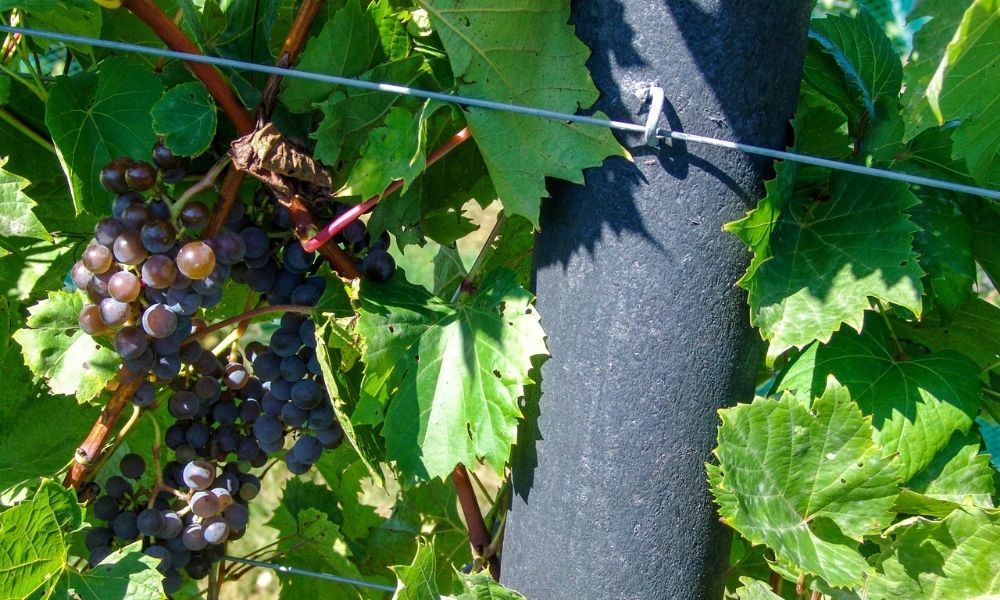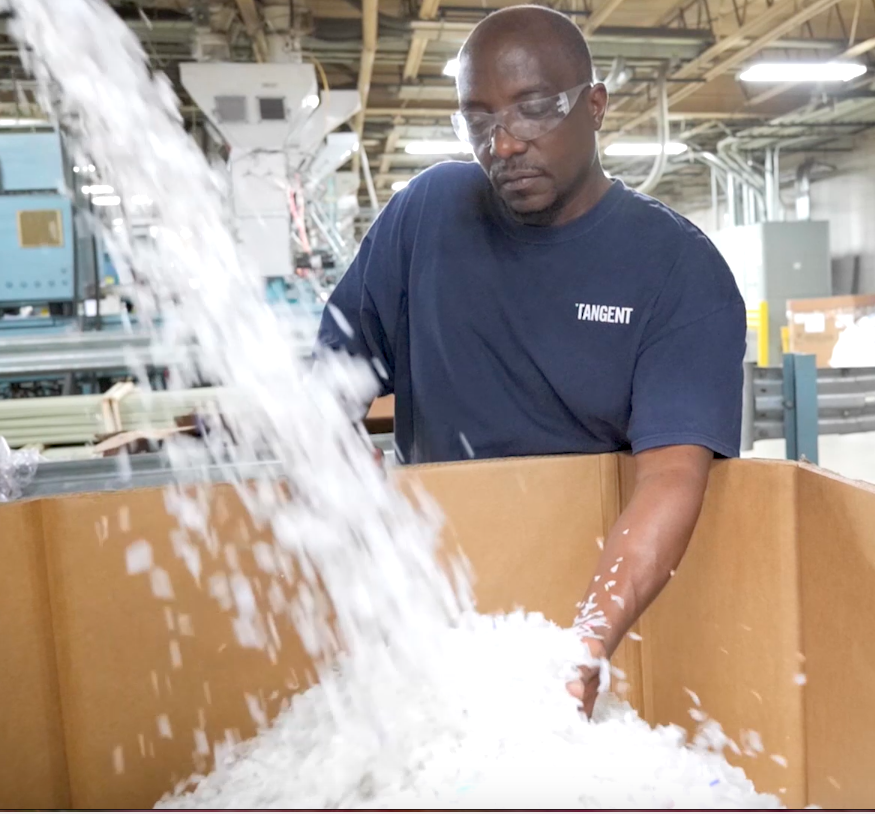Common Applications of Recycled Plastics in Agriculture

We’re seeing a rise in reusing recycled plastics in agriculture. For centuries, farmers relied on timber, steel, and other metals to secure livestock and grow crops. While these materials worked well for a long time, modern innovators has discovered something even better to use in their stead. From synthetic landscape timbers to recycled plastic lumber, there are several reasons why plastics are replacing alternatives in agriculture.
Greater Durability
Lumber-made products such as fencing, feed and water troughs, and trellises tend to break down over time, especially when continually exposed to the elements. Moisture from rain, snow, fog, and dew seep into the wood and lead to rot and fungus growth. Perpetual moisture can also soften the wood and compromise its structural integrity. In addition, fluctuation in temperatures can cause wood to warp, expand, and crack.
Gates, fencing, and other equipment made from metal tend to last a bit longer than timber products but still aren’t completely problem-free. Metal products are subject to corrosion and breakage, which can create sharp edges and potentially injure livestock, and even are being investigated if metals leach into food we eat.
Fencing, trellises, and gates made from recycled plastic lumber provide steadfast performance that farmers can rely on. These plastic-made products are not phased by rot, fungus, moisture, corrosion, and temperature changes.
Splinter-Free
Moisture and time are two of the biggest culprits behind splintering wood. For farmers and their livestock, this can be a painful and expensive issue. When ingested, splinters can lodge in an animal’s digestive system and cause several health problems. This contributes to expensive veterinary bills. Fortunately, farmers can avoid injuries and health concerns caused by splinters by replacing wooden animal containment systems with fences and gates made from plastic for agriculture.
Weather and Pest-Resistant
One of the most popular reasons why plastics are replacing alternatives in agriculture is due to their ability to resist weather and pests. Metal agricultural products are quite durable yet tend to succumb to corrosion and rust due to condensation. Lumber—especially lumber that’s used in close contact with animals—provides a great home and meal to unsavory pests such as beetles, carpenter ants, bees, and termites. Additionally, wood poses a significant fire hazard. Farmers can avoid these costly concerns by installing agricultural products made from plastic.












